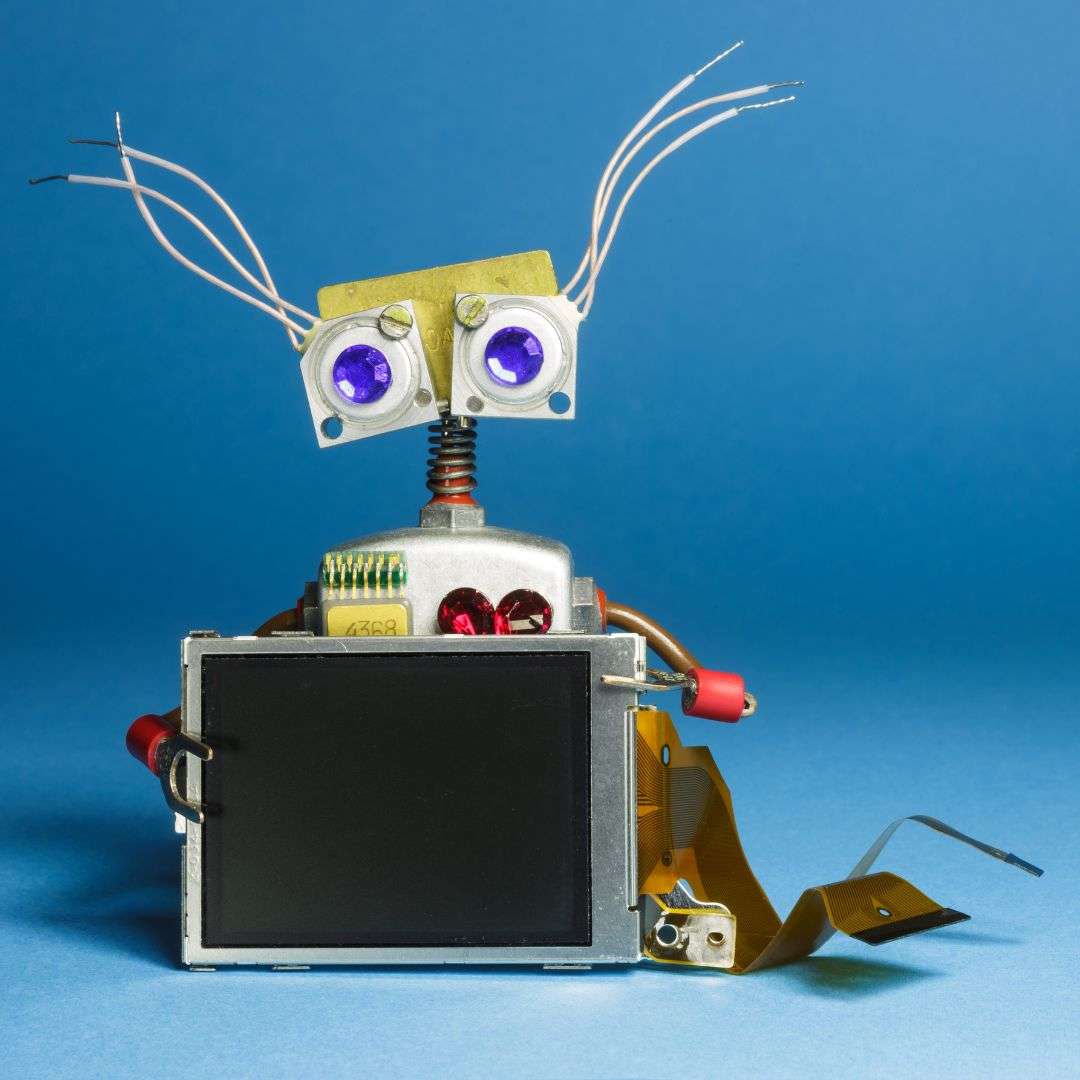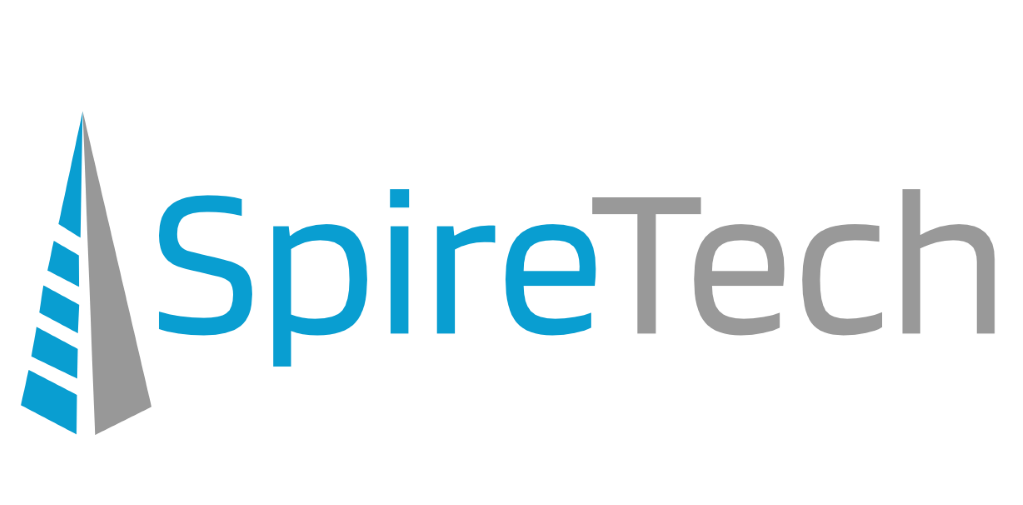
Downloads to stop for Windows 10
Windows 10, originally released July 2015, is officially entering its twilight age. Microsoft plans to stop selling Windows 10 Home and Pro downloads after January 31, 2023. This will be applied to its product pages and stores. The shuttered products include license keys that are necessary to activate your account.
However, Windows 10 will continue to receive support until October 14th, 2025, the date put out by Microsoft officials. This is common to technology that has entered its end-of-life stage, or, when the technology will stop receiving updates and support. This long transition period allows for users to make the transition to Windows 11 with plenty of time to spare.
There is a small question of what will happen to the Windows 10 license keys sold by third-party retailers like Amazon. Supposedly, sales will stop in these places, too. When asked this question by The Verge, Amy Bartlow, marketing director of Windows, only reiterated the previous timeline.
If you are using Windows 10 and haven’t moved to Windows 11 yet, we would recommend you start planning your move. Even though Windows 10 will continue to be supported for a few more years, Windows 11 will run better, have better security, and other advances to make the switch worth it. Keep in mind, however, that the computer you’re using now may not support Windows 11 and may require upgrades or replacement to support it. If you have any questions, please contact us so we can help you prepare for Windows 11, including any hardware upgrades or replacements necessary.
Microsoft to layoff 10,000 employees
In a blog released Jan 18, 2023, Microsoft CEO Satya Nadella reported that Microsoft plans to lay off just under 5% of its workforce during 2023. 10,000 employees to one of the oldest tech giants will be leaving. This is the largest layoff of employees since 2014, when Microsoft acquired Nokia, then terminated 18,000 employees.
However, the economic downturn that is currently frightening most companies and consumers in the United States doesn’t come as a surprise. CEO Nadella stated, “we saw customers accelerate their digital spend during the pandemic, [and] we’re now seeing them optimize their digital spend to do more with less.”
Microsoft, as a hugely influential, multi-billion-dollar company, saw this coming.
To their credit, Microsoft appears to be taking the wellbeing of the still-employed into account. The employees affected will receive above-market severance, as well as six months of health care and stock vesting. Additionally, those affected will receive 60-day notice before their termination.
Microsoft’s continued investments in OpenAI
While Microsoft plans to trim human excess, they continue to invest in the intangible. This year, they enter the third phase of their partnership with the AI taking the Internet by storm, ChatGPT. In a blog explaining the continuing partnership, they hope that the multi-year, multibillion-dollar investment will lead to:
- Scaled supercomputing
- New uses of AI, including bolstering present services, such as the Azure OpenAI Service
- All projects using OpenAI will be hosted on Microsoft’s Azure, allowing them to be OpenAI’s exclusive cloud provider
If a tech giant must lay claim to the groundbreaking work of OpenAI, maybe it is a good thing that the title belongs to Microsoft. Sam Altman, CEO of Open AI, stated that partnership in the last three years has been great, and that “Microsoft shares our values, and we are excited to… work toward creating advanced AI that benefits everyone.”
For what it’s worth, both Microsoft and OpenAI have public statements about their respective ethics in Artificial Intelligence.
OpenAI’s research has been used in products such as GitHub, Copilot, Dall-E 2, and, of course, ChatGPT. There has been a lot of media chatter of AI vs humans recently, and while the issue is ongoing, both Microsoft and OpenAI appear committed to advancing AI for everyone, not just their profit margins.
